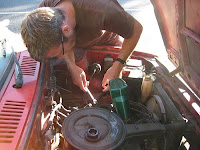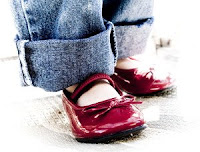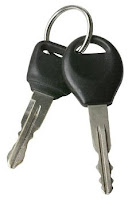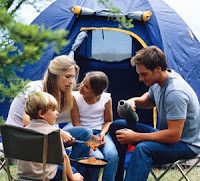

|
Solución del ejercicio sobre Futuro Continuo
Aquí tienes la forma correcta de colocar el verbo para que las siguientes oraciones queden expresadas en Futuro Continuo:
a) studied
b) will study c) will be studying
a) was having
b) will be having c) had
a) will be cutting
b) cut c) have cut
a) will have
b) had c) will be having
a) is be moving
b) be moving c) will be moving
a) was taking
b) will be taking c) will take
a) will be achieving
b) achieved c) have achieved
a) was be seeing
b) were be seeing c) will be seeing
a) will be get
b) will get c) will be getting
a) are be explaining
b) will be explaining c) will explain
a) will be starting
b) will started c) started
a) will earn
b) will be earning c) earned
a) will be atended
b) will be attending c) will atend
a) will be staying
b) stayed c) will be stayed
a) will protected
b) will be protecting c) will be protected |
Solución del ejercicio sobre Futuro Continuo (2)
Solución del ejercicio sobre Preposiciones de Lugar (AT – IN – ON) (2)
Si ya has ejercitado sobre preposiciones de lugar verifica que lo hayas hecho de manera correcta:
Solución del ejercicio sobre Pasado Perfecto (Past Perfect Tense) (3)
¿Ya has completado estas oraciones con el verbo en Pasado Perfecto?… Verifica tus respuestas con la siguiente solución. No olvides luego reescribirlas en su forma interrogativa y negativa:
Solución del ejercicio sobre Presente Perfecto (Present Perfect Tense) (3)
Hoy te ofrecemos la respuesta de este ejercicio sobre el Presente Perfecto en el cual debías completar las oraciones colocando el verbo que se encuentra entre paréntesis en la forma correcta. Luego podías volver a escribirlas en interrogativo y negativo:
Solución del ejercicio sobre Preposiciones de Tiempo (AT – IN – ON) (2)
Aquí tienes la forma correcta de completar este ejercicio con sus correspondientes preposiciones de tiempo:
Solución del ejercicio sobre Plural de los Sustantivos
¿Has utilizado el plural de los sustantivos en este ejercicio?… Verifica tus respuestas con la solución que te ofrecemos a continuación:
Solución del ejercicio sobre Preposiciones de Lugar (AT – IN – ON)
Solución del ejercicio sobre Preposiciones de Movimiento (AT – IN – FROM – TO – INTO) (2)














